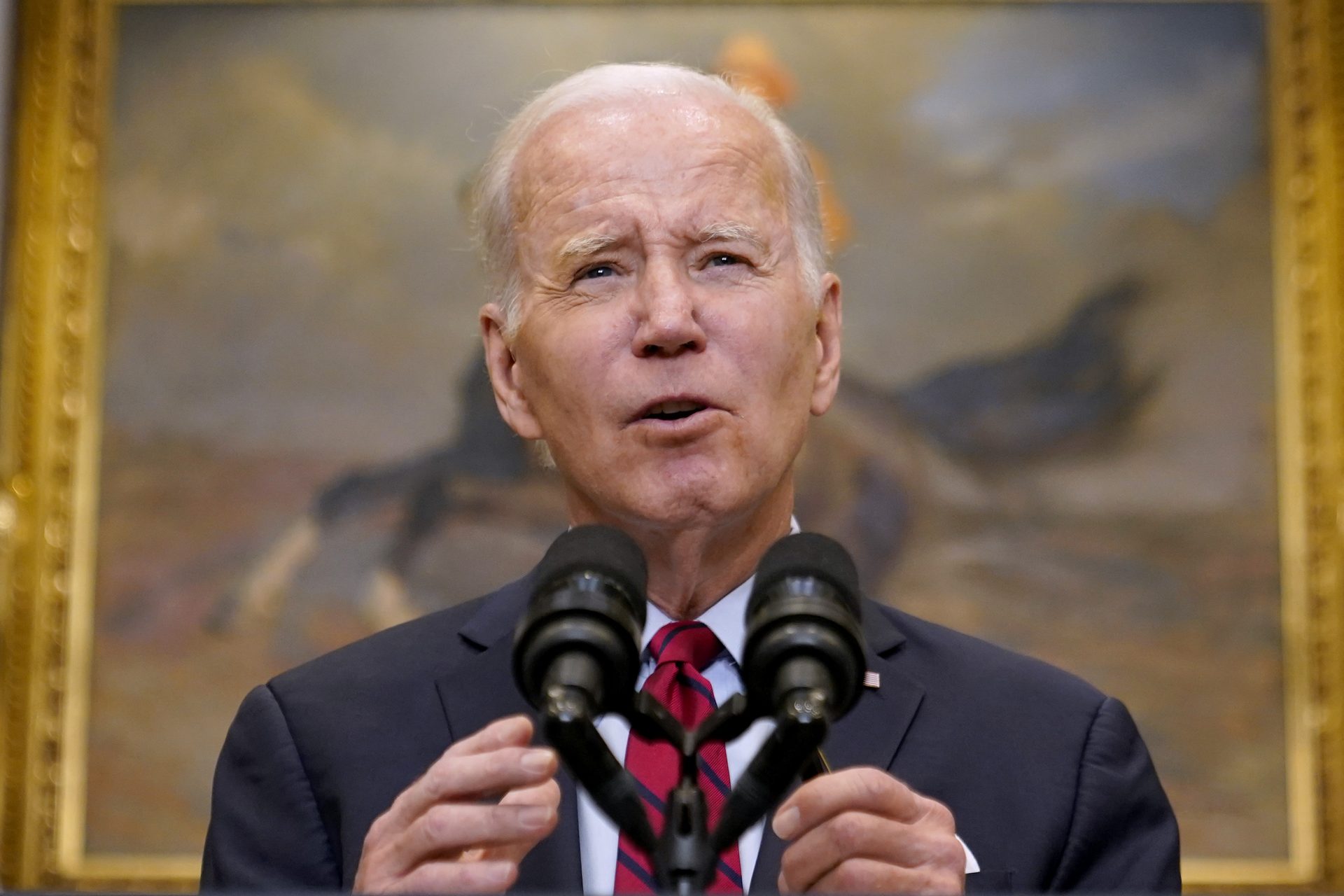On February 20, 2014, Russia conducted a referendum in Crimea that according to Moscow resulted on a “mandate” to “incorporate” into its territory the peninsula that hosts the strategic Sebastopol maritime base.
The movement also led to the occupation of the Donbass region in Eastern Ukraine. Russian expansionism was received by Western countries with targeted sanctions on governmental authorities, military interests, businessmen, companies, and such. Current sanctions after the Russian invasion of February 24, 2022 to Ukraine, are wider and stronger.
The much-talked debate over sanctions has found in Russia a case-study.
First, Russia has been sanctioned historically for a number of reasons. For example, Crimea War of 1953-1956; the triumph of the Bolsheviks in 1917; the Winter War against Finland in 1939-1940; the invasion of Afghanistan in 1979, among others. Thus, after so many sanctions, Russia has become somehow resilient to them.
Second, the relevance between the sender and the target of sanctions. Between the US and Russia there is very small trade interdependence, which reduces not only the impact of America’s sanctions on Moscow, but also the impact of counter sanctions coming from Russia to the US. This is not the case between Europe and Russia since both are more interdependent. Europe has taken a fifth of Russia’s total trade and is very much dependent on energy from Moscow. The European market is also relevant to Russia, but sanctions has interrupted that trend. Russia opted for transforming its trade by increasing transactions with China and India, thus leaving Europe with no other option but to buy very expensive fossil fuels, above all gas from the United States. This is why Europe is returning to coal and other not so very environmentally friendly energy sources.
Third, it is the first time that successive waves of sanctions have applied from the West to a very big and prominent economy. Russia’s GDP is the sixth largest in the world, standing at $5 trillion. Traditionally, sanctions, be they unilateral, regional, or multilateral have been applied on developing countries. Their use against such an important economy as Russia’s is, in fact, contributing to de-globalization and de-polarization. Russia has not been isolated from the world, as expected, and instead, this “decoupling” from the “Western world” is favoring an alternative system where countries like China, India and, more recently, Saudi Arabia, trade and invest in Russia and receive very attractive conditions.
All this to say that despite a chaotic start, where the Russian army experienced a number of logistic and human limitations in Ukraine, the war has extended for two years putting Ukraine under a lot of stress. Contrary to Moscow, Kyiv depends on Western countries’ support to face the Russian threat. Moscow can rely on its own capabilities, Ukraine no.
Before going any further, it is important to remember that the United States is very eager to use sanctions as a coercive economic tool, above all in the 21st century. This, according to Anders Aslund, a well-known Swedish expert on Russia, has to do with the reluctance of Washington to using “constructive engagement” initiatives, such as cooperation, to change the behavior of “wrong doers.” Cooperation was very much employed during the Cold War by both the US and the Soviet Union, to influence outcomes in developing countries that may favor their respective interests. With the Soviet Union out of the picture after the end of the Cold War, “constructive engagement” is no longer an option, since it implies delivering first the resources, then waiting for the beneficiary to change its behavior, which of course is not guaranteed. Sanctions, instead, are very much attractive.
During the George W. Bush terms, two long wars in Afghanistan and Iraq took place, exhausting economic and human resources and the desired results were not achieved. This explains why the Obama, Trump and Biden administrations have enthusiastically endorsed sanctions as a preferred foreign policy tool. Sanctions are attractive to policy makers because they do not imply sending troops anywhere; they can be applied under executive orders, without a difficult negotiation with the Congress; they do not require budget allocations; and, of course, they deliver the message that the US is “doing something” against regimes that challenge international peace and security. Of course, it should be analyzed as time goes by, the implications for the US of not using its military power as before, and with respect to its superpower status at a time when it is widely perceived its leadership in world affairs is sharply declining.
That said, after two years of the Russian invasion of Ukraine, the contenders are in a different mood. Ukraine has taken the worst part, due to the destruction of its infrastructure, the waves of internal displaced persons and refugees, the discrepancies on the military operations between President Zelensky and his generals, the delay in receiving military support from the US – since the Congress has taken Ukraine as a hostage as part of the electoral process within the country – and the limited capabilities of Europe to provide military assistance – since it has favored mostly financial and humanitarian resources to Ukraine. Other difficulties are quickly developing: the fact that the European Union favors purchasing Ukraine’s crops have infuriated Polish farmers which disagree with this measure, since it harms the position they have in the European market. And to add more fuel to the fire, Donald Trump, who is about to become the Republican candidate for the US presidential election in November, has suggested that once he returns to the White House he will not authorize economic resources to support Europe’s efforts against Russia. This implies the Europeans may have to channel themselves more towards military resources at the expense of the resources to feed economic integration.
On the Russian side, there seems to be a very costly learning process since, as suggested, when the invasion started Russia seemed very poorly equipped and prepared. Then President Putin fired generals, learned from previous mistakes, and relied on mercenaries such as the Wagner Group. These mercenaries led by Yevgeny Prigozhin, contributed to the war effort, but at some point, this created a serious leadership problem for Russia. Prigozhin threatened Putin with entering Moscow in a “coup d’état” fashion, then it was decided the Wagner Group would be dismantled and incorporated to the Russian Army, and the faith of Prigozhin is well-known. He died when his plane crashed in August last year, in what it is widely seen as a retaliation from the President of Russia.
Despite that, as suggested before, Russia relies on its own economic capabilities and the war economy is having a dynamic impact on the production of a number of goods and services, with the military becoming a very attractive employer within the country. Russia is getting direct and indirect help from a number of allies such as North Korea and Iran – which provide drones and other much needed weapons – and China and India, which are taking a very important part of the trade Moscow was used to having with Europe.
Summing up, at this point it seems Russia is winning the war, but the war itself is far from over. It should not be forgotten that Russia cannot lose the war – it would be too costly for a country that intends to reemerge as a regional power, and also facing the prominence of China in world affairs, but especially in Asia (do not forget that Putin has keenly supported the policy of having Russia be perceived as an Asian country too).
What about Ukraine? At this point it cannot win the war under the current circumstances. The development of the conflict between Israel and Hamas in Gaza is taking not only attention but also Western resources from Ukraine to Tel Aviv, thus leaving Kyiv weak at a time when Putin is having important military victories, for example in Adviidka in the Donbas area a few days ago. With ammunition shortages from the West plus disputes with its military leaders, President Zelensky is having a hard time. The fact that he seems to be taking the lead of military operations is not a very good idea.
What Zelensky does best is public relations. He, as a TV man, knows how to talk to the public. He has been a very successful publicist, creating a worldwide empathy for Ukraine and himself. But he is not a military strategist and if he continues interfering with military decisions, that may be very costly. By the way, President Putin has understood the relevance of talking to the public and the interview with Tucker Carlson seems to be a good strategy since no Western media has spoken to him during the past two years.
If the situation stays this way, the most anticipated scenario of negotiations between Russia and Ukraine may start sooner than later. Russia intends to arrive to that scenario in the best possible shape which implies Ukraine may lose the Donbas area and probably something else.
Editor’s Note: The above guest column was penned by María Cristina Rosas, a professor and researcher at the Faculty of Political and Social Sciences of the National Autonomous University of Mexico in Mexico City. The column appears in The Rio Grande Guardian International News Service with the permission of the author. Rosas can be reached via email at: mcrosas@prodigy.net.mx
The post Rosas: The Russia-Ukraine War: Two years and counting appeared first on Rio Grande Guardian.
 (2).png)
 6 months ago
151
6 months ago
151









 English (US)
English (US)